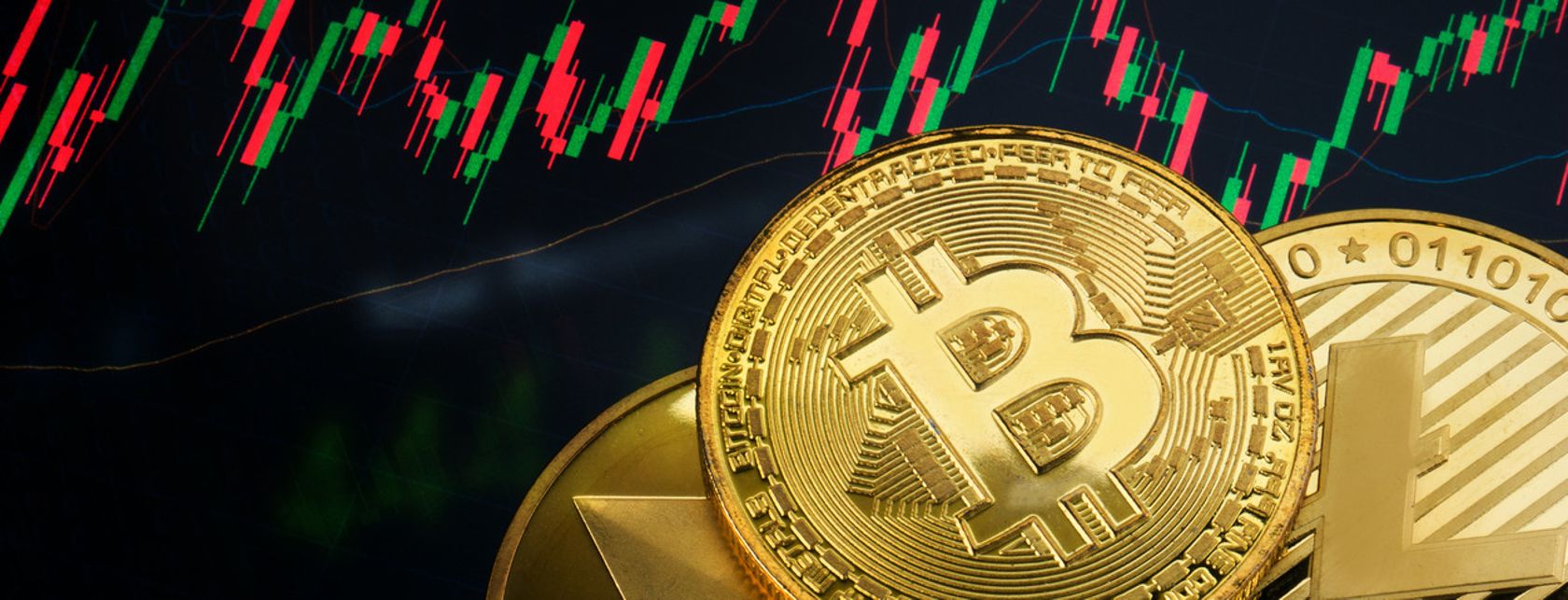
FTX case: how did it impact the cryptocurrency world?
Some had called him the new Warren Buffet but Sam Bankman-Fried, also known by his initials SBF only, has seen his nascent "financial empire," melt like snow in the sun.
We are talking about FTX, a platform for trading the highly popular cryptocurrencies such as Bitcoin or Ethereum, which went bankrupt in recent weeks. What happened?
Before explaining it, one point should be made: the affair shows how important it is to approach the world of crypto through qualified and reliable operators who are subject to the savings protection rules in force in Italy.
The crypto world between blockchan, tokens and Nft
But, to get into the matter, it is also necessary to explain in broad terms, for those who are not yet familiar with them, what the much-discussed cryptocurrencies are. To clarify ideas, it is good to do a little background. Their spread is in fact linked to the development of the Blockchain, a technology that is bringing great change to the financial sector (and beyond). In Italian (with a somewhat hackneyed translation), Blockchain basically means "blockchain" and is a shared and immutable structure of data, chained together in chronological order. Put in simpler words, Blockchain is a technology that makes it possible to digitize the data of a transaction and ensure that it is always traceable and transparent. No forgeries, everything is verifiable.
Thanks to this technology, another innovation was born: tokens, an English term that literally means "token" in Italian but in the digital world means something else. It is a "virtual token" that, precisely through the Blockchain, allows its owner to enjoy a right, for example the right of ownership over an asset that therefore cannot be forged.
Today, therefore, we speak of tokenization: an activity by which digital tokens are created that then represent ownership over an asset. Even a real object such as a work of art or real estate, therefore, can theoretically be tokenized.
When the token corresponds to the right of ownership of a unique asset it has a non-fungible token (Nft), which is not interchangeable with another token because it represents precisely a well-determined object.
Cryptocurrencies such as Ethereum or the better-known Bitcoins, on the other hand, are fungible tokens that can theoretically be traded with each other as coins: one Bitcoin has the same value as another Bitcoin, just as one dollar has the same value as another dollar.
But what happened then in the FTX affair?
So here we go back to the story of FTX, which was one of the largest exchange platforms, of cryptocurrency exchanges.
The company's collapse was brought about by the liquidity crisis the company suffered after massive withdrawal of money from clients. From there, suspicions arose that FTX was actually using client money to support the "reckless" operations of Alameda Research, an investment firm founded by Sam Bankman-Fried himself, whose capital (was coincidentally) composed largely of Ftt, a token created by FTX itself, the value of which was highly questionable.
And so, the platform created by the "enfant prodige" SBF showed its true colors. Initially it seemed that a bailout by competitor Binance was possible, but the hypothesis quickly fell through.
Regardless of how the affair unfolds, what happened shows precisely how necessary it is to rely on qualified operators when investing in cryptocurrencies. FTX, based in the Bahamas, was not in fact supervised by national authorities (such as Consob in Italy) and there was no system of guarantees to protect clients.
And so, today there are reports of at least 1 million investors worldwide who have seen their money go up in smoke. But the FTX affair also shows how much we need a financial advisor even when approaching the effervescent world of cryptocurrencies.
Christian Miccoli, Founder e CEO di Conio racconta il caso ai microfoni di Edufin 3.0 con Marco Montemagno



